Education is no longer confined to traditional classrooms and textbooks. The integration of gaming into educational contexts has reshaped how students absorb knowledge, creating a dynamic intersection of learning and engagement. Game-based learning harnesses interactive elements to make education not only accessible but also enjoyable, creating new opportunities for both students and educators.
A Growing Movement
The global market for game-based learning reflects the rising interest in this innovative approach. In 2022, the market was valued at $11.5 billion and is projected to grow to an astounding $77.4 billion by 2032, driven by a compound annual growth rate (CAGR) of 21.6%. This explosive growth underscores the increasing demand for engaging educational solutions, particularly as students and institutions adapt to modern challenges.
How Games Transform Education
At the core of game-based learning is its ability to turn complex concepts into digestible and interactive experiences. Unlike traditional lectures or rote memorization, games enable learners to immerse themselves in scenarios where they apply skills and knowledge in real-time. These experiences are bolstered by mechanics such as rewards, progress tracking, and interactive problem-solving, which help keep students motivated.
Notably, virtual reality-based learning games are leading the charge with a growth rate of 51.9%. These immersive tools create lifelike environments where students can visualize abstract ideas, whether it’s understanding the intricacies of molecular biology or exploring historical events as they unfold. Platforms like Axon Park specialize in making such experiences accessible, offering advanced tools to educators and students to create impactful learning opportunities.

Axon Park Classroom
Personalized Learning at Scale
Game-based learning is not one-size-fits-all. Advanced platforms integrate artificial intelligence to provide personalized experiences tailored to individual learners. This adaptability ensures that students progress at their own pace, building confidence as they master foundational concepts before moving on to more advanced material.
Companies like Axon Park solve a key challenge here by providing educators with intuitive tools to design personalized learning paths. These tools dynamically adjust the level of difficulty, offer instant feedback, and cater to the unique needs of each student, addressing challenges early and fostering growth.
Fostering Collaboration
Games aren’t just about individual achievements. Multiplayer formats allow students to collaborate on tasks, fostering teamwork and communication skills. This collaborative element mirrors real-world problem-solving scenarios, preparing students for professional environments that prioritize group interaction.
Additionally, 88% of teachers who have adopted digital games in their classrooms report increased student engagement. These tools don’t just complement traditional teaching—they elevate it, making learning a shared and enjoyable endeavor.
A New Role for Educators
The rise of game-based learning is transforming the role of educators, shifting their focus from traditional instruction to curating and facilitating interactive experiences. With advanced tools like Axon Park, educators can easily design or customize educational games aligned with specific curricular goals, adapting their teaching to meet the diverse needs of their students while fostering deeper engagement and understanding.
AI-powered content generation tools further enhance this process by streamlining the creation of curriculum-aligned materials. Platforms like ours enable educators to efficiently develop tailored learning modules that adhere to educational standards, freeing up time to focus on delivering impactful lessons. By automating time-intensive tasks, these tools make it easier to scale high-quality education while maintaining a personalized and effective approach to teaching.
The Road Ahead
With game-based learning techniques gaining traction globally, regions like Western Europe are emerging as early adopters, commanding a 47.2% market share. As more educators and institutions embrace this shift, the potential for game-based learning to bridge gaps in education continues to grow.
Ultimately, game-based learning is more than a trend. It represents a fundamental shift in how we think about education, offering immersive, accessible, and personalized pathways to knowledge. Whether through virtual reality or traditional gaming mechanics, the integration of play into learning ensures that students don’t just absorb information—they experience it. At Axon Park we are honored to have the opportunity to help build this future, making it easier for educators to adopt this transformative technology and bring their classrooms into the next-generation.



